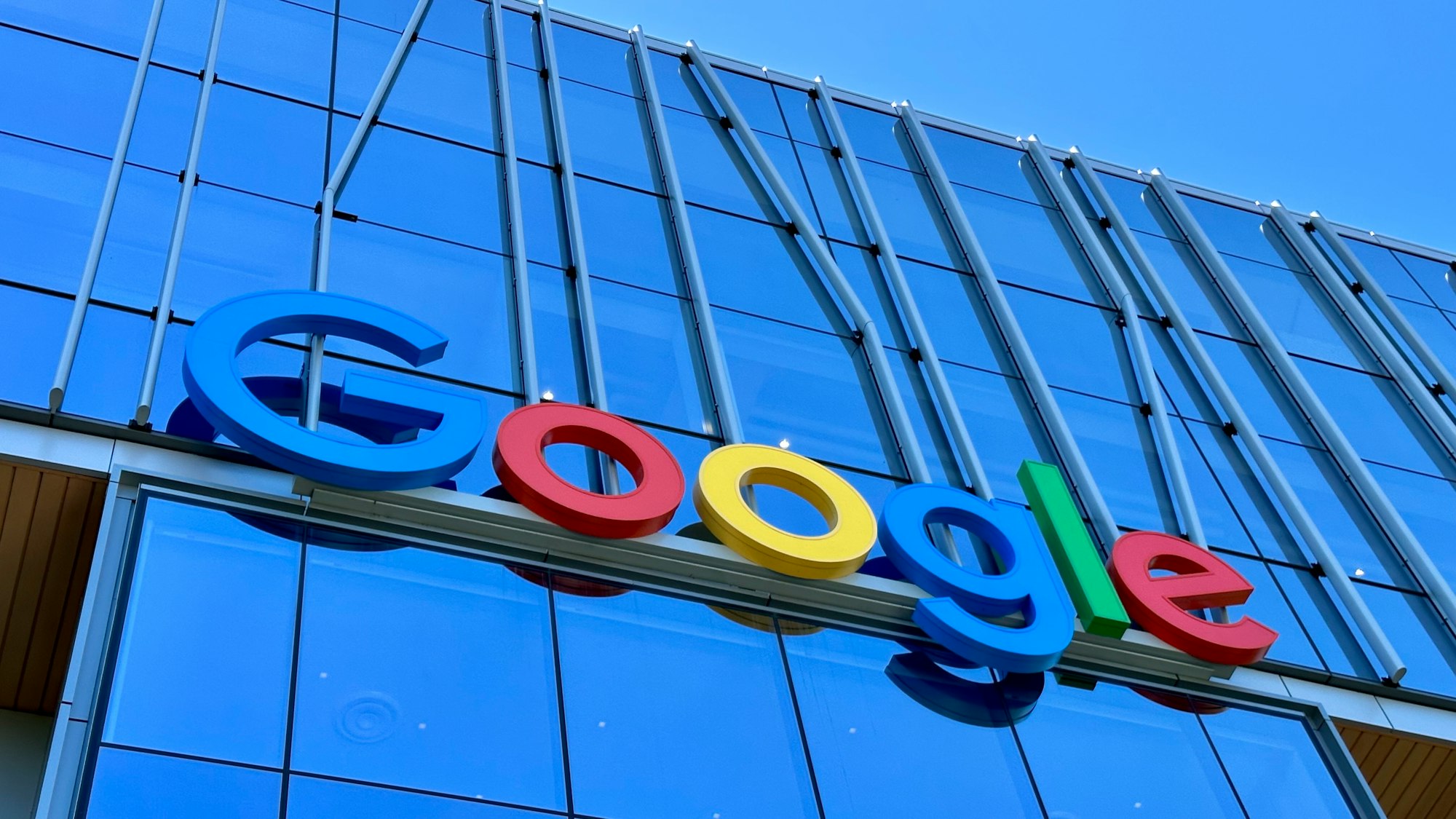Hello, I have downvoted your post!
Reasons include:
- stupid fucking clickbait title
- sharing information that was otherwise already obvious to everyone for the past 2 years
quoting elon muskthey’re actually denigrating elon and I can’t read lol
The title is not mine and the paper the article is responding to was published last month, not two years ago as you claim. The only mention of Musk in the entire article is in this one sentence:
Unlike self-serving warnings from Open AI CEO Sam Altman or Elon Musk about the “existential risk” artificial general intelligence poses to humanity, Google’s research focuses on real harm that generative AI is currently causing and could get worse in the future.
Did you check the hyperlink? Because it is [email protected] levels of stupid.I can’t read
Not sure if you’re aware so I’ll mention it anyway, but as far as I know, downvotes in Beehaw communities don’t federate to Beehaw (as in aren’t applied here - you might see them on your instance though, not really sure). That being said, your comment does, so you’ve made a “pseudo-downvote” anyway.
The mechanism for how it works is that as a remote instance sends in it’s downvote count, Beehaw immediately drops the message without modifying the database. Part of this exchange is an expected response of the total updated downvotes. However, Beehaw sends back “0” and the remote instance knows it can’t be zero, so it treats it’s local count with higher validity.
Essentially, this all ends up meaning that what ssm will see is the total of all downvotes from users on their own instance, and nothing else. This might be just their own downvote, especially being on a smaller instance. But I’ve seen lemmy.world users be confused about it bc the count they see is say, -5. Have been told my instance obviously has them enabled 😅
Remote instances don’t communicate their vote tally’s with each other for a third instance’s post.
What article did you read, seeing as there’s nothing from Musk in there?
Specifically “Sam Altman or Elon Musk about the “existential risk” artificial general intelligence poses to humanity” which contains a hyperlink leading to an independent article titled “Elon Musk says AI one of the ‘biggest threats’ to humanity”, and is just as much unholy brainrot as one might expect.
“Sam Altman or Elon Musk about the “existential risk” artificial general intelligence poses to humanity”
The full quote is “UNLIKE self-serving warnings from Sam Altman or Elon Musk about the “existential risk” artificial general intelligence poses to humanity”. In other words, they’re actively denigrating Musk and Altman, and you’ve taken the quote entirely out of context, in direct opposite to the original meaning.
Can’t argue with that, I was ADHD skimming. I will now curl up in ball in the corner and die of embarassment and cringe :(
If it helps, I agreed with your 1st 2 points. You may die with your dignity half intact.
🙏
How are those things self-serving?
The warnings are self-serving, not the AI
generative AI makes it very easy for anyone to flood the internet with generated text, audio, images, and videos.
And? There’s already way too much data online to read or watch all of it. We could just move to a “watermark” system where everyone takes credit for their contributions. Things without watermarks could just be dismissed, since they have as much authority as an anonymous comment.
I am waiting for people to start getting both public and hidden authentication tattoos, so they can prove generative images aren’t actually them.
How would that work?
AIs learn from existing images, they could just as well learn to reproduce a tattoo and link the pattern to a person’s name. Recreating it from different angles, would require more training data, but ultimately would get there.
For public ones, depending on what people started getting, it’d really strain the AIs. You could go in like 1 or two ways, probably different people getting both.
Something very uniform but still unique, like a QR code kind of deal, AIs would hallucinate the crap out of that. Or abstractions, like people do to change the way the shape of their face to combat facial recognition.
For private ones, just don’t ever get it photographed, any image showing that area without it would be probably fake.
I slightly hate myself for suggesting it, but are you essentially describing NFTs?
It’s called a “name”.
Mid journey and the like have already been caught creating shutterstock watermarks in images. Future models might be able to fake specific watermarks well.
Not like that. A server name that can be authenticated. Like when you receive an email from your bank (in the metadata), you know it’s legitimate. Each organization can set up their own server to host things they vouch for. With ActivityPub it can be viewed elsewhere with the guarantee that it’s from a trusted source.
Isn’t that what NFTs do?
Sure, but so do a lot of other things that aren’t as costly. If NFTs were the first secure way to authenticate things online we wouldn’t have had online banking until very recently
True but trust is hard to establish in decentralized platforms like the fediverse. As far as I’m aware the only decentralized banking is unfortunately cryptocurrency.
We could just move to a “watermark” system where everyone takes credit for their contributions.
North Korea actually has this embedded in their government Linux distro and it works well as long as everyone who opens the file runs a supported OS. Not for AI, but to track who wrote what unpleasant documents, but still, it proves the idea can work.
On the other hand, how do you determine trust? I can generate a million plausible names and digital addresses on my computer. Half the images I see online are screenshots or screen recordings already (because “save as” isn’t available on “modern” websites).
In theory, we can solve this by simply having digital stuff be signed, but setting up a web of trust will be difficult. Especially since most of the internet is semi-anonymous.
Funnily enough, the Fediverse already signs most data, so this scheme is already active unintentionally here on Lemmy! But for all I know, you’re not really “Kevon Looney” and just a fake from another server.
(because “save as” isn’t available on “modern” websites)
I think this is also more of a mobile issue with apps more than just websites. Like, hence why those screenshots are so often from phones. Generally one’s that are more obviously from a computer are social media posts, presumedly to facilitate sharing on other platforms easier.
Because on desktop, even if a website doesn’t allow it, using the dev inspector usually allows you too. I wonder if it would be possible to create an extension/userscript that automates that on hostile websites.
That’s the idea behind OpenAI’s Worldcoin.
Why would anyone pay for the service? Having a “name” is free, and that dumb worldcoin only works for people. It can’t work for governments or businesses.
ActivityPub is actually a good way to authenticate things. If an organization vouches for something they can post it on their server and it can be viewed elsewhere.
ActivityPub is actually a good way to authenticate things. If an organization vouches for something they can post it on their server and it can be viewed elsewhere.
AP has some pretty big issues when it comes to moving servers, expiring and re-purchased domain names, and other such edge cases. Servers either blindly accept new keys after a certain time, or are vulnerable to enabling key ransoming after hacks (the reason HKPK went nowhere).
I think the idea of WorldCoin is to have a “wallet” linked to a single physical person, then you can sign any work with your key, that you got by proving you are a real person.
IMHO, the coin part is just a hype element to get people to sign up for the password part.
As for ActivityPub, I don’t see how it helps with anything. An organization vouching for something, can already post it on their web, or if they want a distributed system, post it on IPFS.
This just makes me think of eBaum’s world.
but if we all join hands and sing this song, then our call will reach the sky…
We didn’t even have AI when the Internet became flooded with faked images and videos, and those actually are incredibly hard to tell are fake. AI generated images still has very obvious tells that it’s fake if you scrutinize them even a little bit. And video is so bad right now, you don’t have to do anything but have functioning sight to notice it’s not real.
AI generated images have obvious tells to us who are capable of medium levels of scrutiny, but we can expect them to be harder to tell over time
Not sure what to make out of this article. The statistics are nice to know, but something like this seems poorly investigated:
AI overview answers in Google search that tell users to eat glue
Google’s AI has a strength others lack: not only it allows users to rate an answer, but it can also use Google’s search data to check whether people are laughing at or mocking its results.
The “fire breathing swans”, the “glue on pizza”, or the “gasoline flavored spaghetti”, have disappeared from Google’s AI.
Gemini now also uses a draft system where it reviews and refines its own initial answer several times, before presenting the final result.
I’m not reading the article but instead trying to be amusing. If it breaks the reality, please put me in a new one with really good scotch, healthy knees, and a spirit of adventure!








